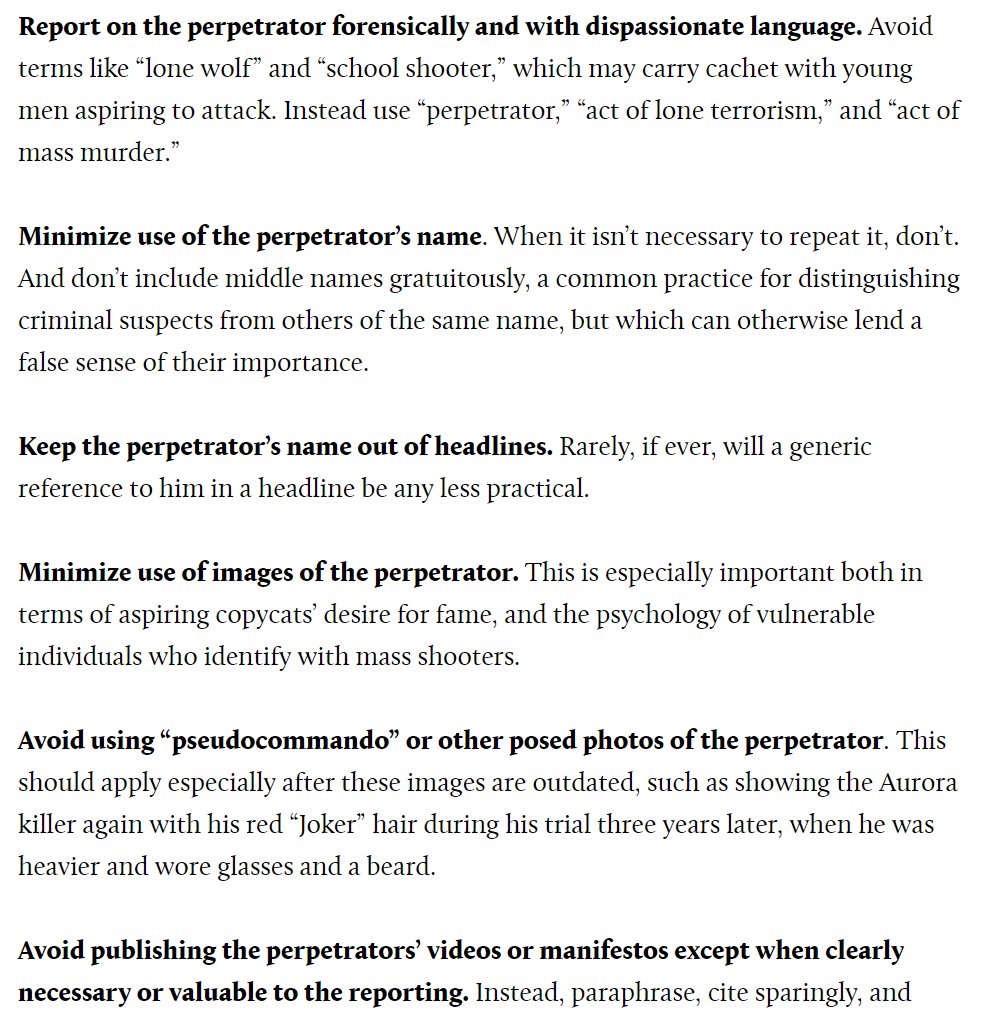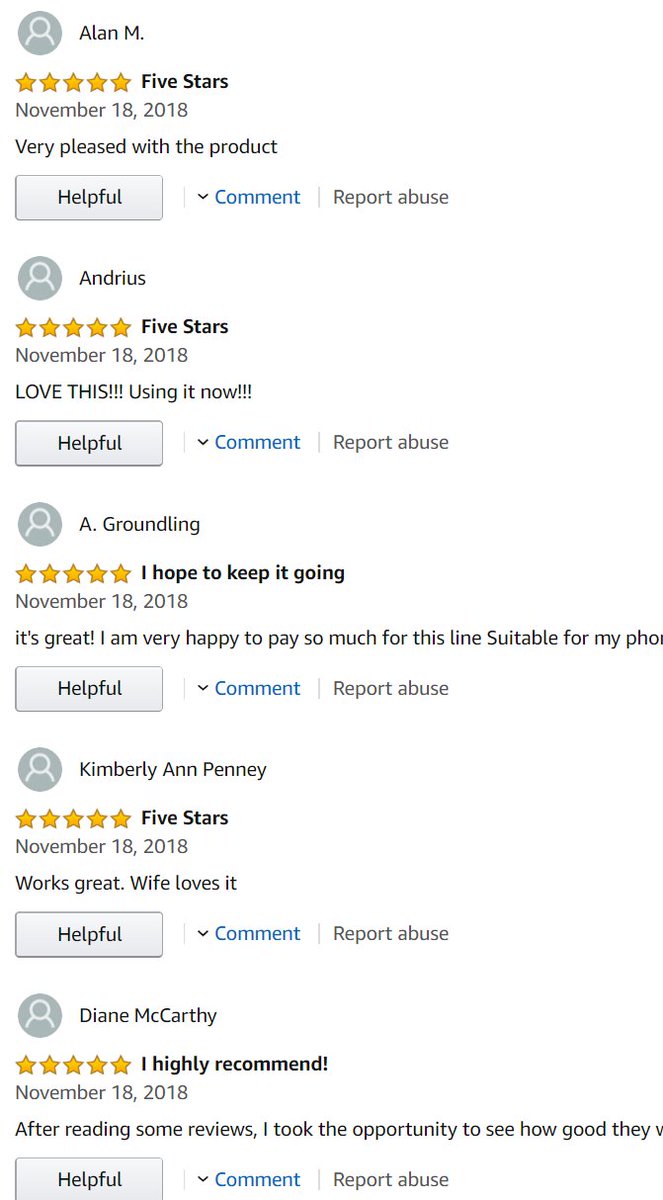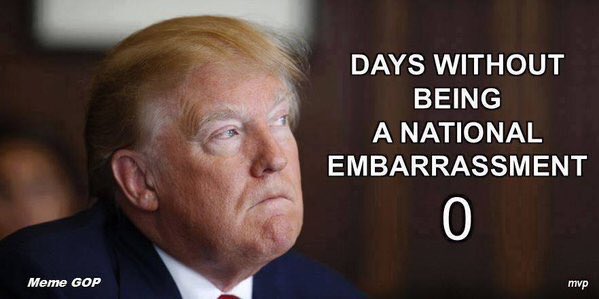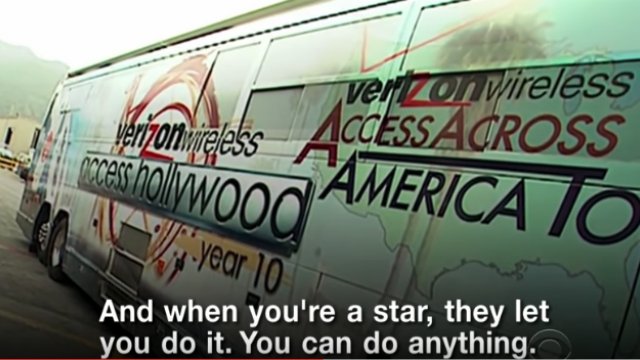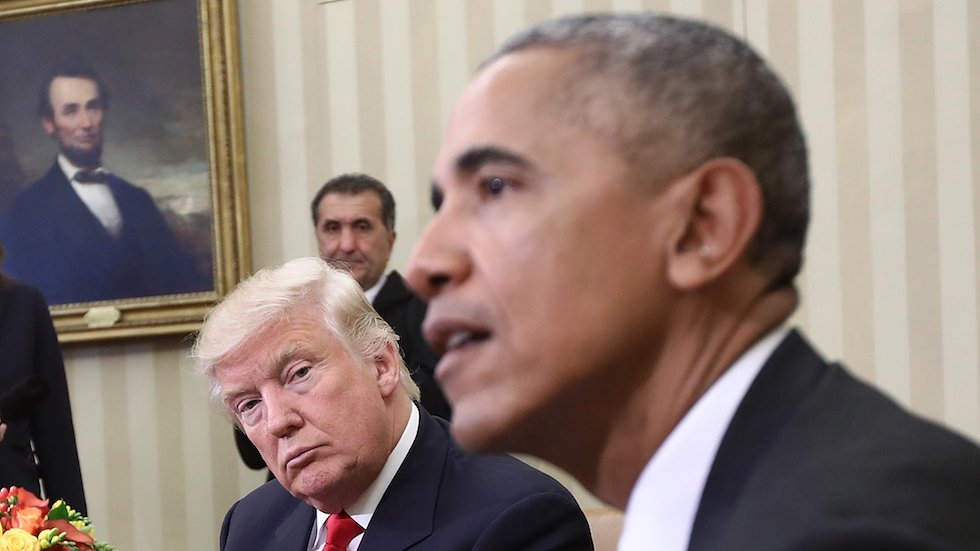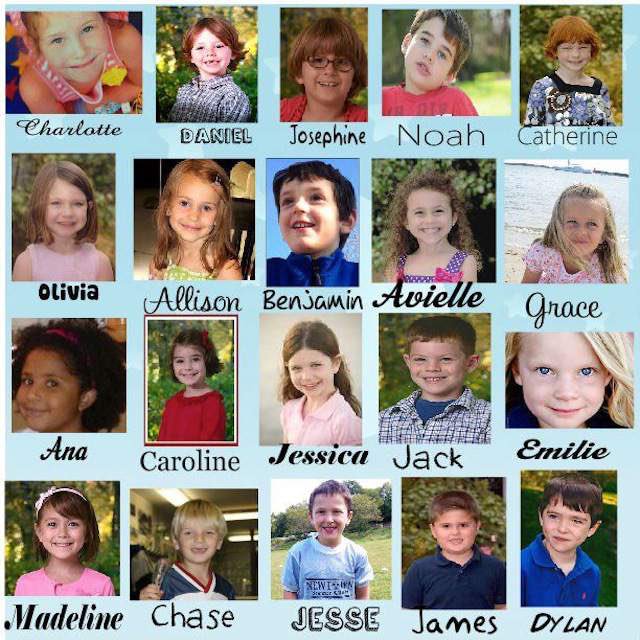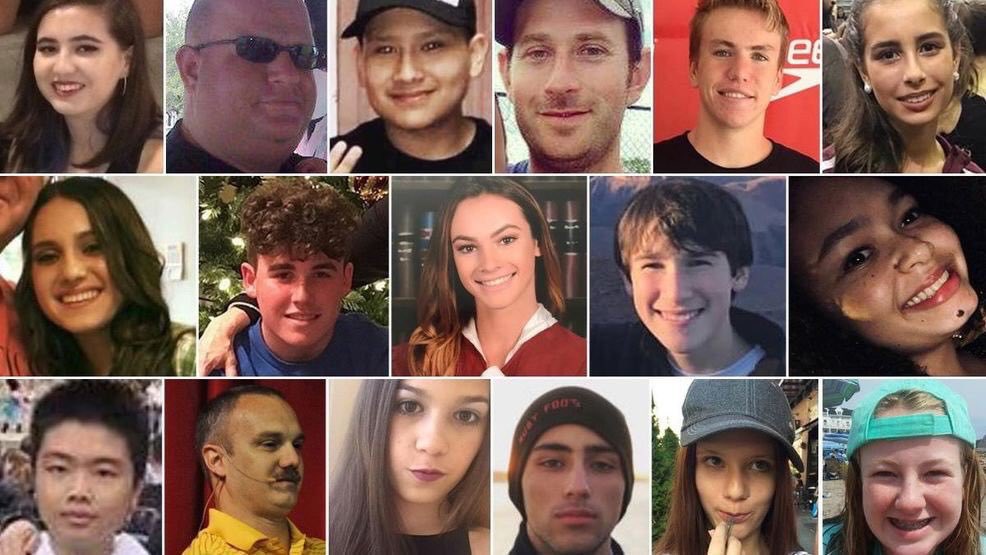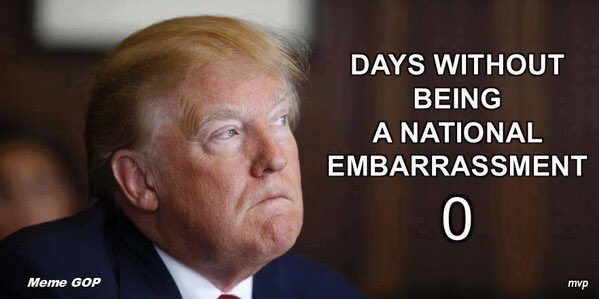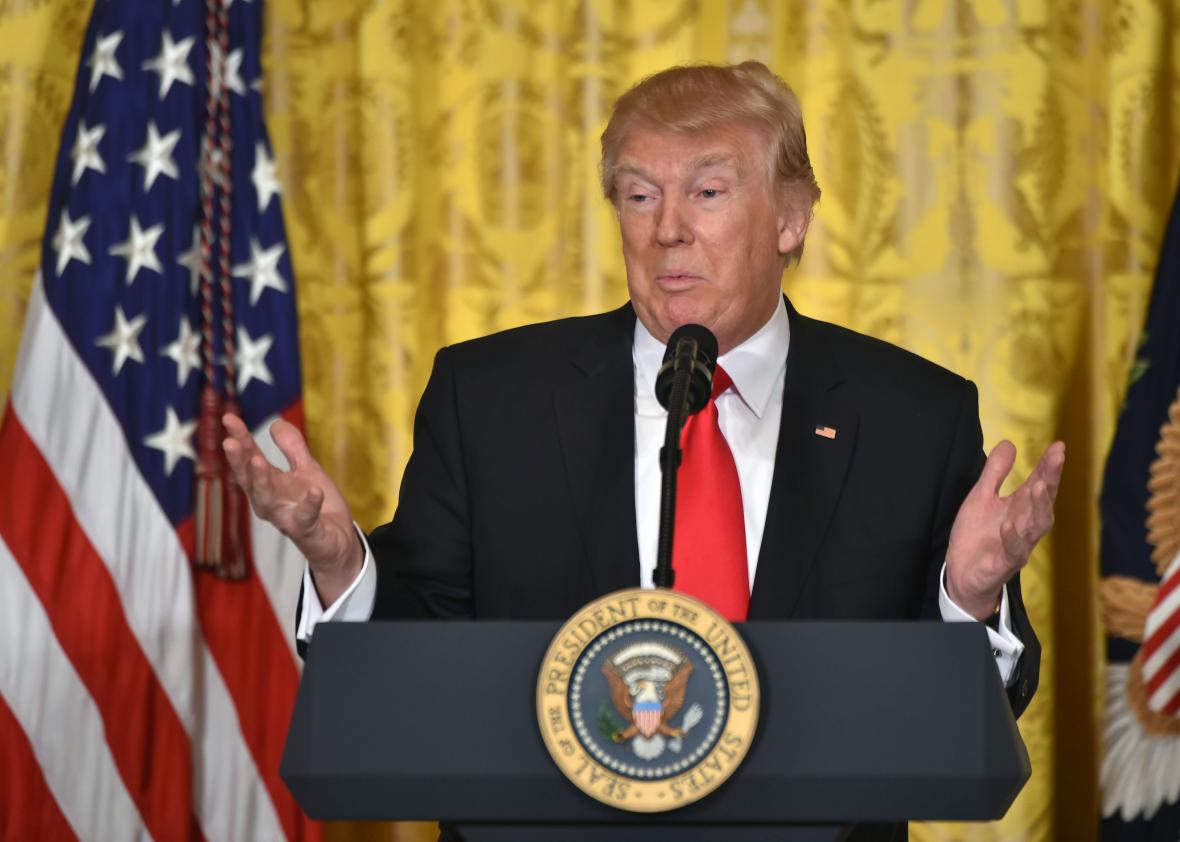So this is hard, the more so for journalists who (unlike me) have to report these events as they unfold. 5/ motherjones.com/politics/2017/…
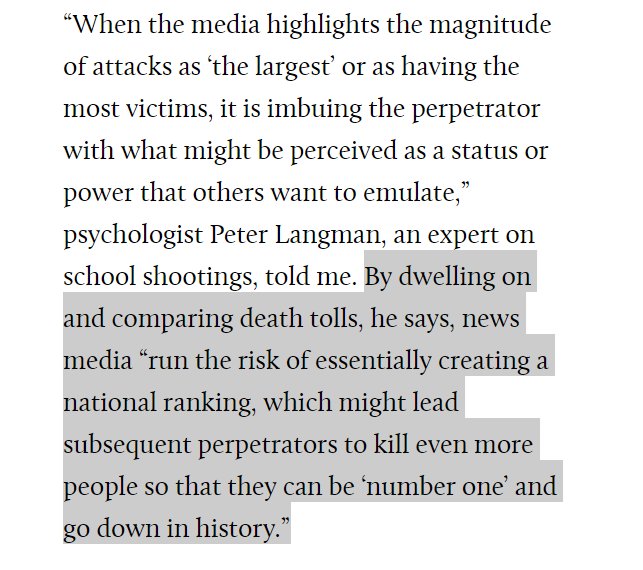
1. It's "shifting blame to the messenger." (USA Today editorial) 7/ usatoday.com/story/opinion/…
That's still true. And I've seen no deep attempt by journos to dispute it — only eyerolls, claims that it's not their job to worry about it. They're wrong. 21/21
